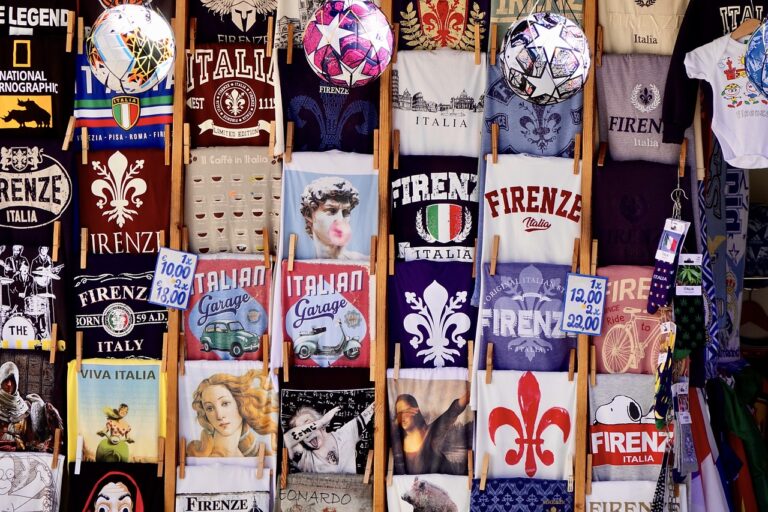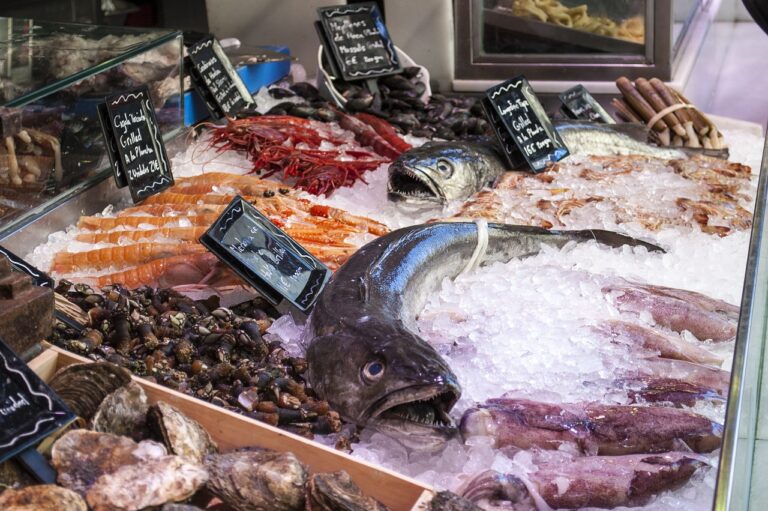The Psychology of FOMO in Shopping Decisions
In the realm of shopping, the phenomenon of FOMO, or the fear of missing out, is a powerful force that influences consumer behavior in significant ways. The underlying factors that contribute to FOMO in shopping are multifaceted and can stem from various sources. One major factor is the human desire for social connection and belonging, leading individuals to make purchasing decisions based on the need to fit in or keep up with others.
Moreover, the constant bombardment of advertising and marketing messages in today’s hyper-connected world plays a crucial role in fueling FOMO in shopping. Companies strategically create a sense of urgency and scarcity around their products, triggering consumers’ fears of missing out on the latest trends or limited-time offers. This pressure to stay current and relevant in a fast-paced consumer culture can drive individuals to engage in impulse buying behaviors to alleviate their anxieties about missing out.
Impact of Social Media on FOMO in Shopping
It’s no secret that social media plays a significant role in exacerbating the fear of missing out (FOMO) when it comes to shopping. With the constant stream of carefully curated posts showcasing the latest trends, deals, and must-have items, users are bombarded with a sense of urgency to keep up with their peers. The visual nature of platforms like Instagram and Pinterest is particularly effective in triggering feelings of inadequacy and a desire to constantly acquire new possessions.
Moreover, the prevalence of influencer marketing on social media further amplifies FOMO in shopping. Social media influencers often partner with brands to promote products, creating a glamorous image around certain items and fostering a sense of exclusivity. As a result, followers may feel compelled to make impulsive purchases in order to emulate the aspirational lifestyles depicted online. The instantaneous nature of social media also fuels FOMO by providing real-time updates on what others are buying, leading to a heightened sense of pressure to participate in consumer culture.
Role of Peer Pressure in FOMO
Peer pressure plays a significant role in triggering the Fear of Missing Out (FOMO) among individuals when it comes to shopping decisions. The desire to fit in with their social circle often leads individuals to make impulse purchases or to feel compelled to buy certain products just to align with the trends their peers follow. This pressure can stem from various sources, such as friends, family members, or even influencers on social media, intensifying the need to keep up with what others are doing or buying.
The fear of being left out or not meeting the perceived expectations of peers can create a sense of urgency in individuals to make purchases they might not have otherwise made. This sense of urgency is fueled by the fear of missing out on experiences or items that are deemed essential by their social groups. In such situations, individuals may prioritize the approval and acceptance of their peers over their own financial well-being or personal preferences, ultimately succumbing to the pressure to participate in the consumption patterns of their social circle.





